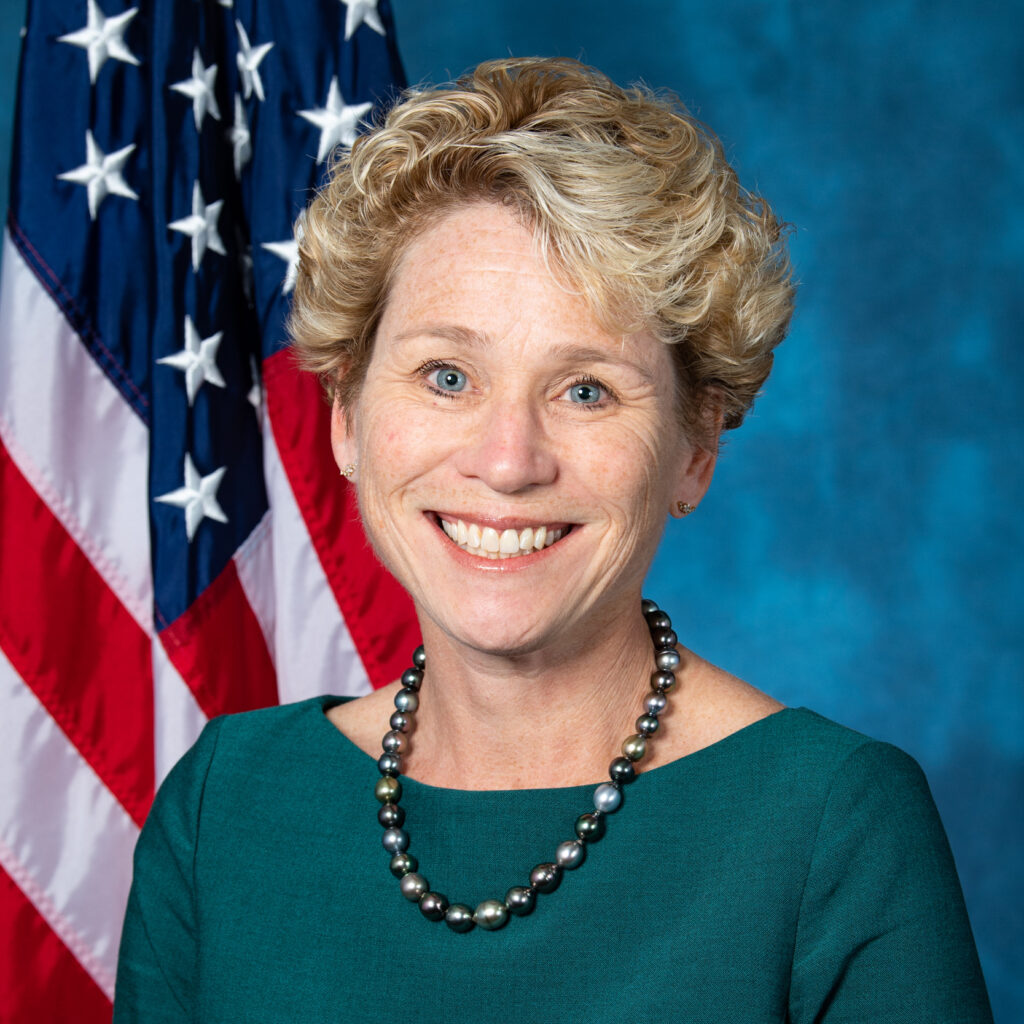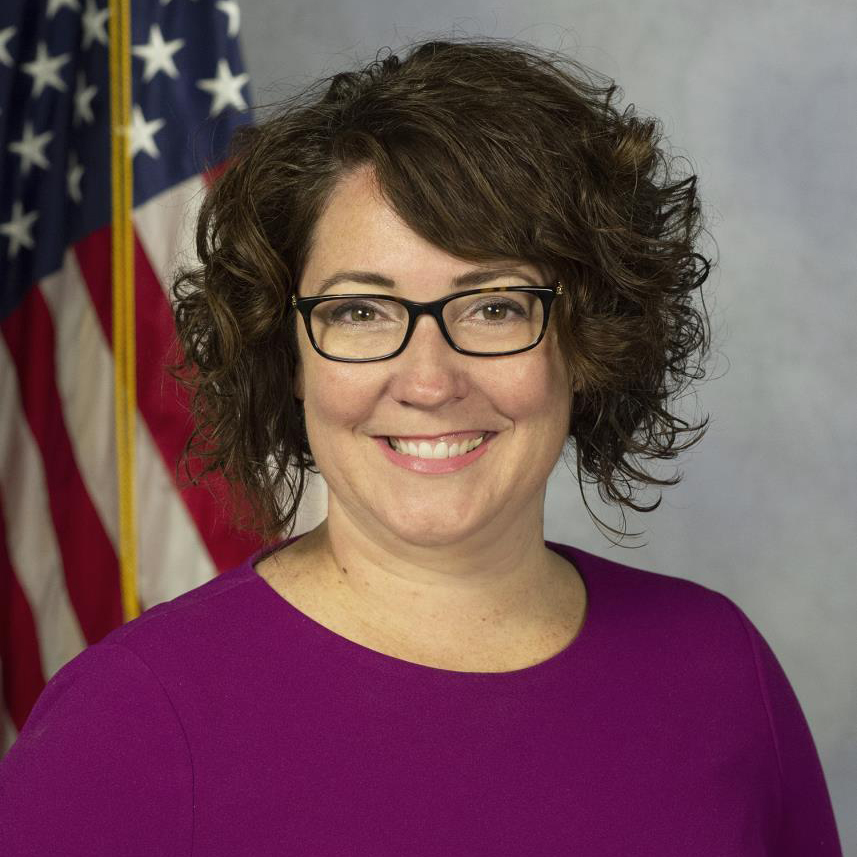
Born in Scranton, Pennsylvania, Biden moved with his family to Delaware in 1953. He graduated from the University of Delaware before earning his law degree from Syracuse University. He was elected to the New Castle County Council in 1970 and to the U.S. Senate in 1972. As a senator, Biden drafted and led the effort to pass the Violent Crime Control and Law Enforcement Act and the Violence Against Women Act. He also oversaw six U.S. Supreme Court confirmation hearings, including the contentious hearings for Robert Bork and Clarence Thomas. In 2008, Obama chose Biden as his running mate, and he was a close counselor to Obama during his two terms as vice president. In the 2020 presidential election, Biden and his running mate, Kamala Harris, defeated incumbents Donald Trump and Mike Pence.
As president, Biden signed the American Rescue Plan Act in response to the COVID-19 pandemic and subsequent recession. He signed bipartisan bills on infrastructure and manufacturing. Aspects of his proposed Build Back Better Act were incorporated into the Inflation Reduction Act that he signed into law in 2022. Biden appointed Ketanji Brown Jackson to the Supreme Court. He worked with congressional Republicans to resolve the 2023 United States debt-ceiling crisis by negotiating a deal to raise the debt ceiling. In foreign policy, Biden restored America's membership in the Paris Agreement. He oversaw the complete withdrawal of U.S. troops from Afghanistan that ended the war in Afghanistan. He responded to the Russian invasion of Ukraine by imposing sanctions on Russia and authorizing civilian and military aid to Ukraine. In April 2023, Biden announced his candidacy for the Democratic nomination in the 2024 presidential election.
Federal Offices

Since he was elected to the United States Senate in 2006, Bob Casey has worked to create family-sustaining jobs and foster financial security for Pennsylvania families; protect our children and invest in their futures; ensure safety at home and respect for America abroad; promote honesty and accountability in government; preserve the dignity of the vulnerable of all ages among us; and advocate for his constituents and help them solve problems they face.
As a United States Senator, Bob Casey has established a long record of results on behalf of the people of Pennsylvania. He was the prime Senate sponsor of landmark legislation for individuals with disabilities, the Stephen Beck Jr. Achieving a Better Life Experience Act (ABLE), which allows millions of families across the United States to save for the long-term care of their loved ones with disabilities in a tax-advantaged savings account. As concerns arose across the nation about the dangers of campus sexual assault, Senator Casey took action and passed into law the Campus Sexual Violence Elimination Act (Campus SaVE), which outlines steps schools can take to educate students and help prevent sexual assault, requires uniform reporting standards for sexual assaults on college campuses and requires schools to provide clear guidelines to students on their sexual assault policies.
From legislation to crack down on terrorists’ financing, to a law that makes it easier for small businesses to expand, Senator Casey has passed into law a wide range of measures to keep Americans safe and financially secure. He is committed to raising wages and creating and retaining jobs across Pennsylvania. A tireless advocate for middle-class families, workers, and seniors, Bob Casey is a voice for those who are threatened by Congressional Republicans’ recent attempts to give tax cuts to the ultra-rich and to undermine Social Security, Medicare and Medicaid.

State Offices


He has been chosen for multiple prestigious fellowships and international delegations including: the Bertelsmann Leadership Fellow in the Digital Economy, the bipartisan Hunt/Kean Leadership Fellow in Education, and American Jewish Committee (AJC) Project Interchange.
Representative Kenyatta is a barrier-breaking public figure, becoming the first openly LGBTQ+ person of color and one of the youngest members elected to the PA General Assembly in 2018. In 2022, he became the first openly LGBTQ+ person of color to run for the U.S. Senate in American history.
Representative Kenyatta has been a vocal proponent of protecting workers' rights, enacting common-sense gun safety policies, and rooting out government corruption and waste. He has multiple legislative leadership roles: member of the powerful State Government Committee with oversight on state agencies and elections, Minority Chair of the Subcommittee on Campaign Finance and Elections, Minority Chair of Automation and Technology in the Committee on Commerce, and a member of the Finance Committee. Since elected, he has additionally served on Governor Tom Wolf’s Suicide Prevention Task Force, and he has been a member of the Philadelphia Delegation leadership team.
In 2020, he was chosen by President Joe Biden and Vice President Kamala Harris to give the keynote address at the Democratic National Convention along with a group of other ‘Rising Stars’. Representative Kenyatta appears regularly on local and national media outlets including 60 Minutes, CNN, MSNBC, and Fox News.
His political career and life have been the subject of two documentaries: an award-winning short, Going Forward and an Al Roker (Today Show)-produced feature length film, Kenyatta: Do Not Wait Your Turn. He lives in North Philadelphia with his husband Dr. Matthew Kenyatta and their dog Cleo.


